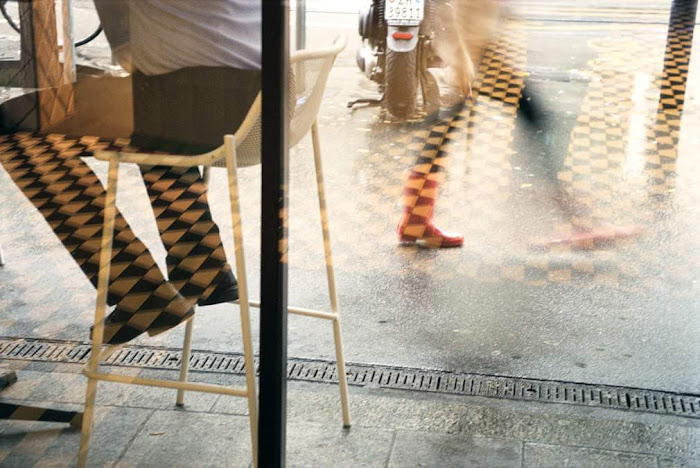
And Switzerland?
If I’m hiking in Valais in Switzerland and someone meets me on the hiking
path, I think their first thought is, ‘Oh, here’s a hiker’. If I’m in a hotel
in Lugano, people see that I’m black or I might be a bit unusual, sure, but
they’re not thinking, ‘Here’s a post-colonial subject’, or ‘Here’s someone
who’s moved to my country’. They’re probably thinking, ‘Here’s somebody who
can afford to stay at this hotel’. Yes, you stand out, but the meaning of your
standing out is not quite the meaning it has in other places. That’s my
experience of the place. I’m sure it’s different for other people.

(...) What is this elsewhere that one is longing to be in? Part of the answer
to this question, for me, is Switzerland. It is the place that, when I’m not
there, I long to be there. But it is also a conceptual container for such
longing. It is the object of the longing, but it’s a theoretical shape that I
can use to think through the question of longing. I’m also thinking about
farness in general, as a desirable, as a restorative. And that’s a farness
that could, in theory, happen elsewhere as well. My years of revisiting
Switzerland have been, I’d say, a lucky instance of putting that theory into
practice. And now that I’ve put it into a book, who knows what will
happen?"
- - - - - - - - - -






















Wow!!!!!!
ReplyDeleteI thought so too. Many thanks, Wim!!
Delete